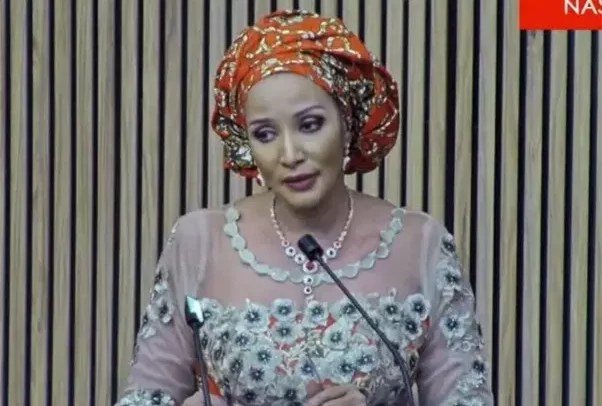
Bianca Odumegwu Ojukwu
One of the stories in today’s edition relates to the recent threat to the good neighbourliness between Nigeria and Ghana.
The foregone, it will be recalled, was occasioned by a so-called creation of an Igbo Kingdom in Ghana by a certain businessman. The matter triggered a reaction from a section of Ghanaians who expressed resentment about the development.
When the matter hit social media, it assumed an exaggerated status in Nigeria. So bad was the fallouts on social media in Nigeria that the impression created was that Nigerians in Ghana were on the verge of being assaulted, dispossessed of their belongings and chased out.
Following the exaggerations, President Bola Tinubu of Nigeria last week dispatched a delegation led by Ms. Bianca Odumegwu Ojukwu, Minister of State for Foreign Affairs in Abuja to come and learn at first hand the situation on the ground and to engage with government and other stakeholders.
Ghana is a peaceful country noted for her hospitality, something the visiting minister acknowledged when she referred to the traditional Akwaaba of Ghanaians.
She referred to a parent who wants her two children to return to Nigeria upon hearing about the exaggerated stories.
There was only an isolated case of a few people chanting ‘Nigeria must go,’ which has been carried out of proportion.
As President John Mahama told the minister when he hosted her, “there is no planned mass deportation of Nigerians from Ghana” as being rumoured on social media in Nigeria.
Ghana and Nigeria would continue to maintain the age-old good sister relations which dates back to the colonial era when the two belonged to the British stable.
Occasional misunderstandings, when they rear their heads, must be resolved through diplomacy.
Family misunderstandings do occur occasionally, and when they do, the overall interest of the members of the fold must override all else.
During the Shehu Shagari era when thousands of Ghanaians residing in Nigeria were expelled, many recalled the Aliens Compliance Order of the Busia regime.
Then came the compulsory demand for $50 for Nigerians entering Ghana, also in the 80s. Ghana retaliated, but eventually the two obviously realised their folly in the action, and the matter was resolved as it is done between two feuding sisters.
It is our hope that the headlines about Ghana and Nigeria relationship will be about cooperation and the occasional rivalry on the soccer pitch and jollof rice, not social media hyped stories.
There are over three million Ghanaians in Nigeria, and perhaps double that number of Nigerians in Ghana. There are many fourth generation of Ghanaians of Nigerian descent. Disagreements between the two would always be resolved anyway.
In Ghana’s history, there have been many citizens who trace their ancestry to Nigeria who have held important public offices from the colonial days to date.
Hausa, which is a Nigerian language, is today one of the important mediums of communication across Ghana, especially in the Zongo communities.
It is our hope that the visiting minister’s admonition to Nigerians doing business in Ghana to be disciplined and avoid engaging in actions which could create disharmony between them and their hosts would be strictly adhered to.
Read Full Story


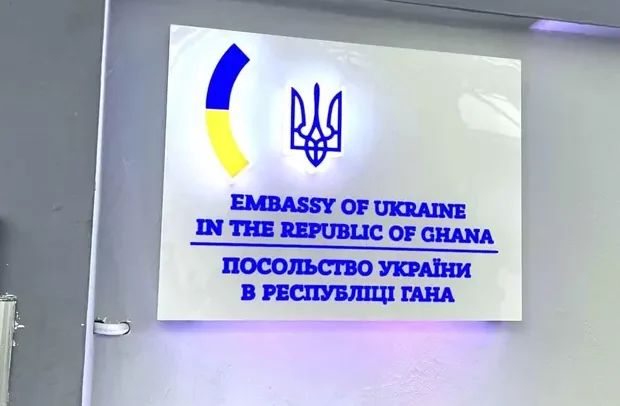

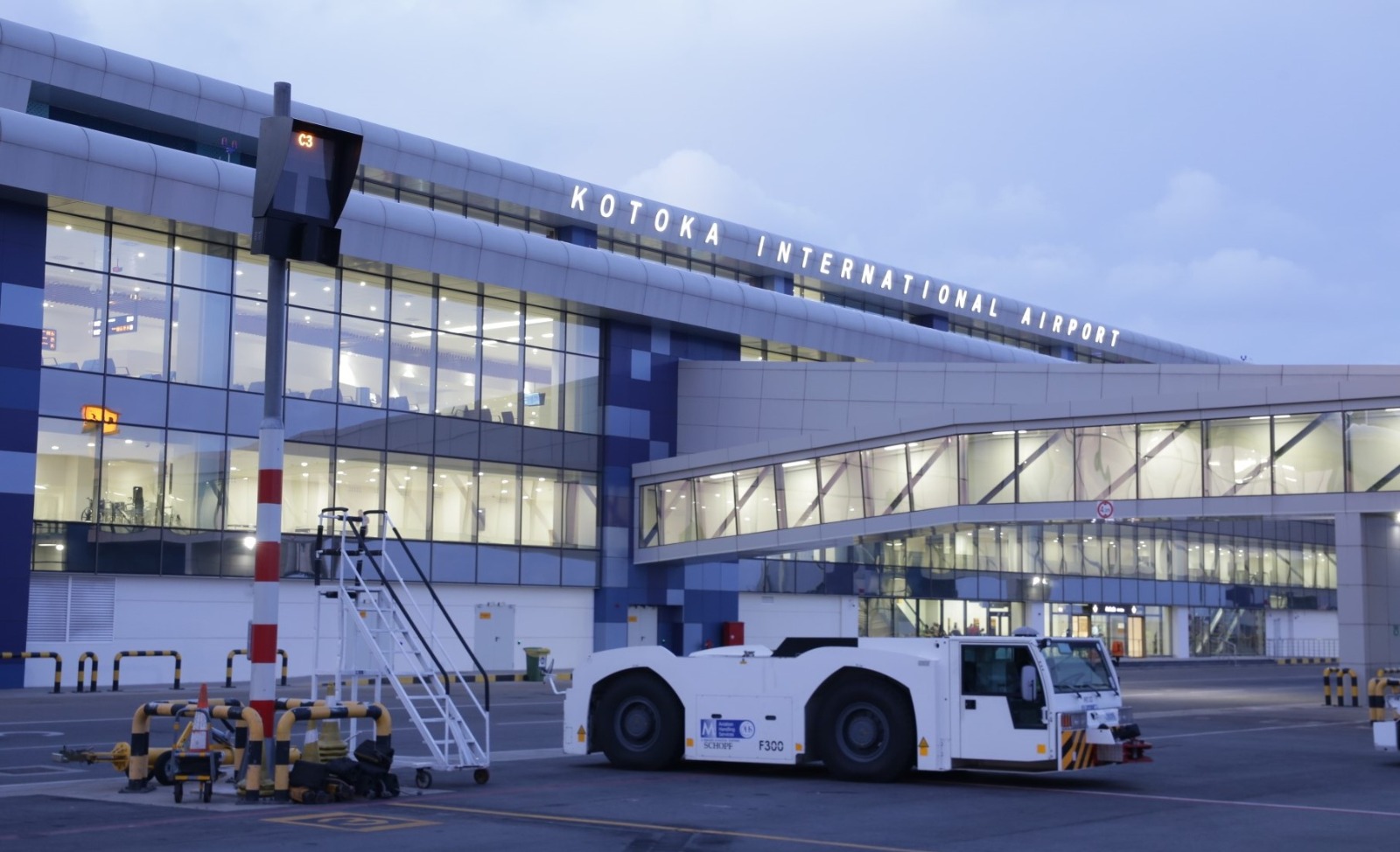


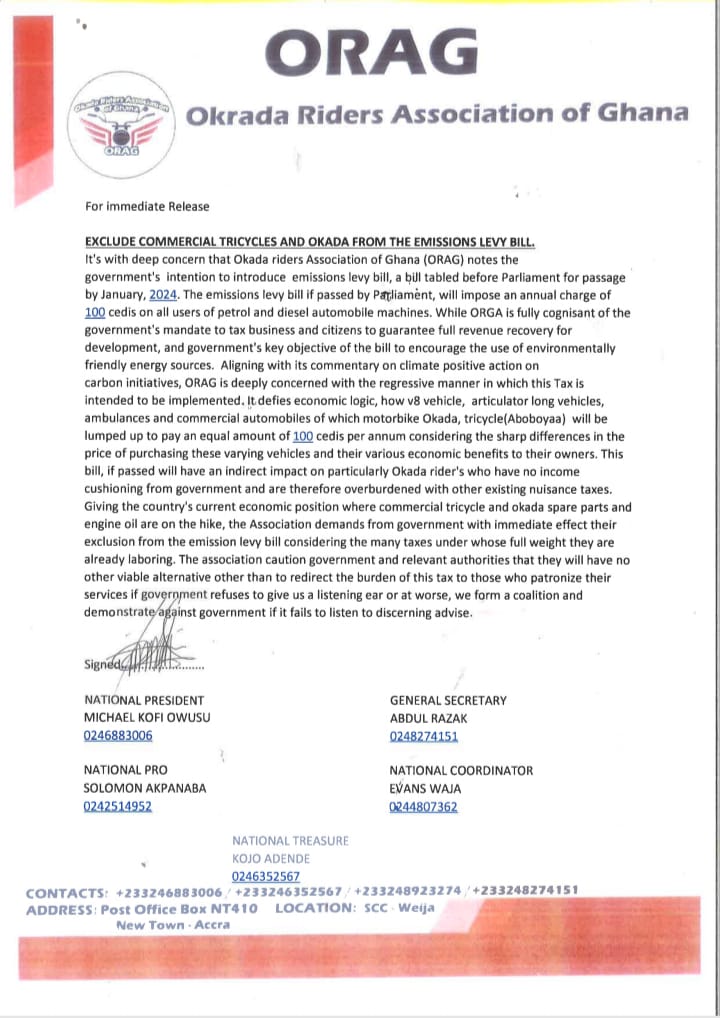
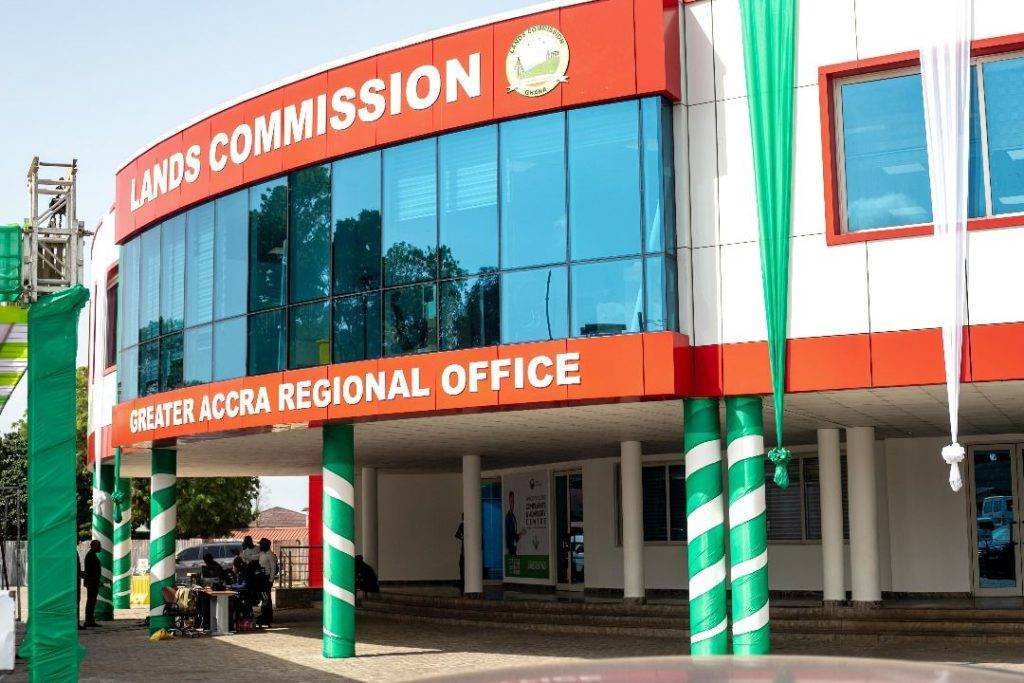



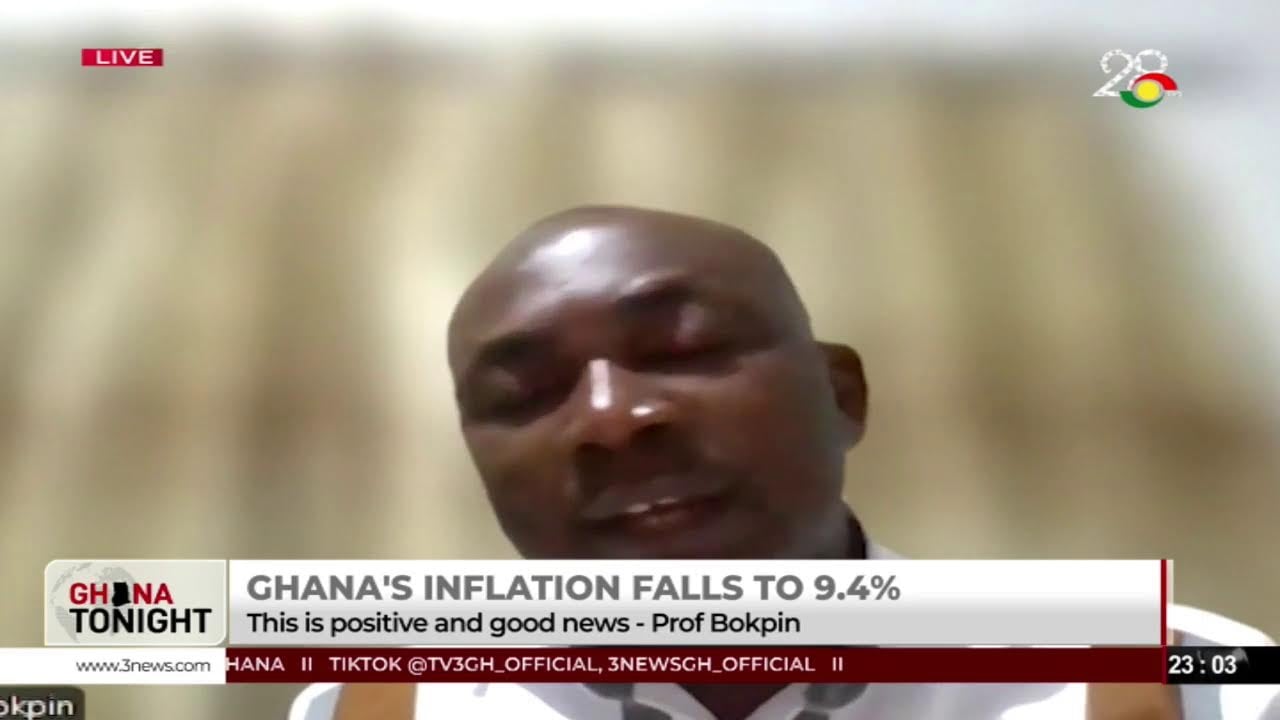
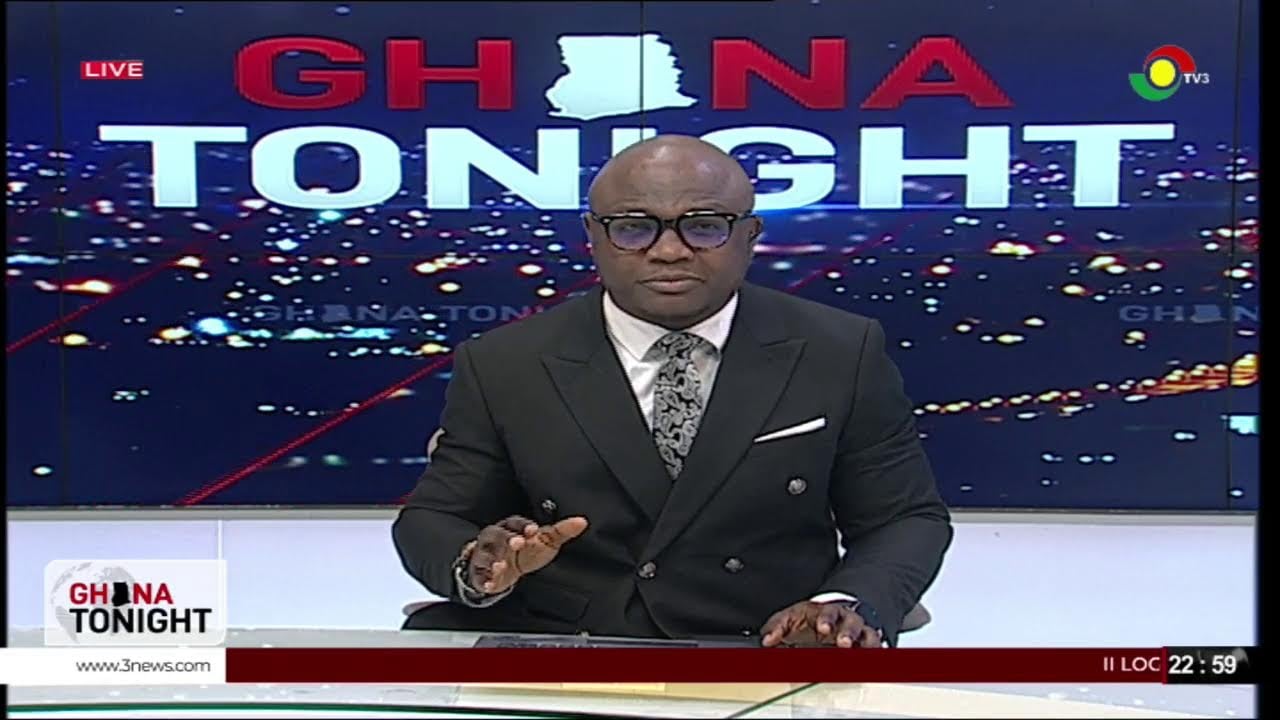





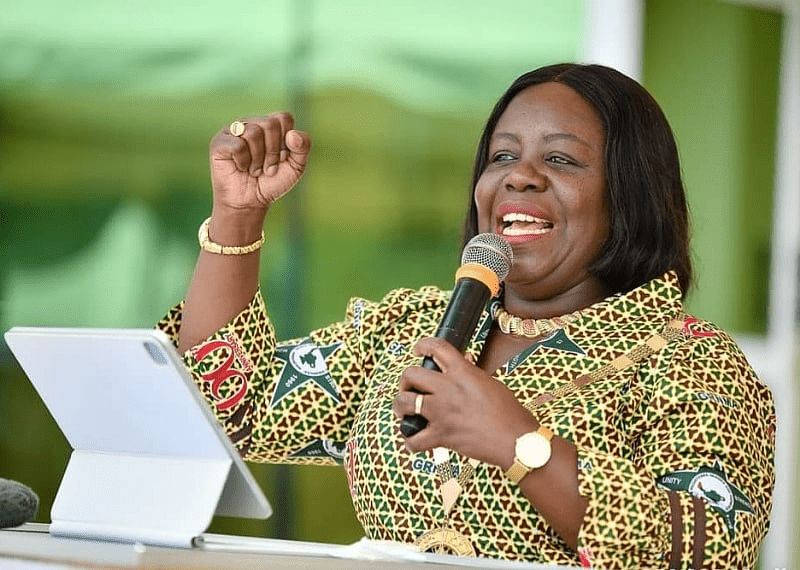





Facebook
Twitter
Pinterest
Instagram
Google+
YouTube
LinkedIn
RSS